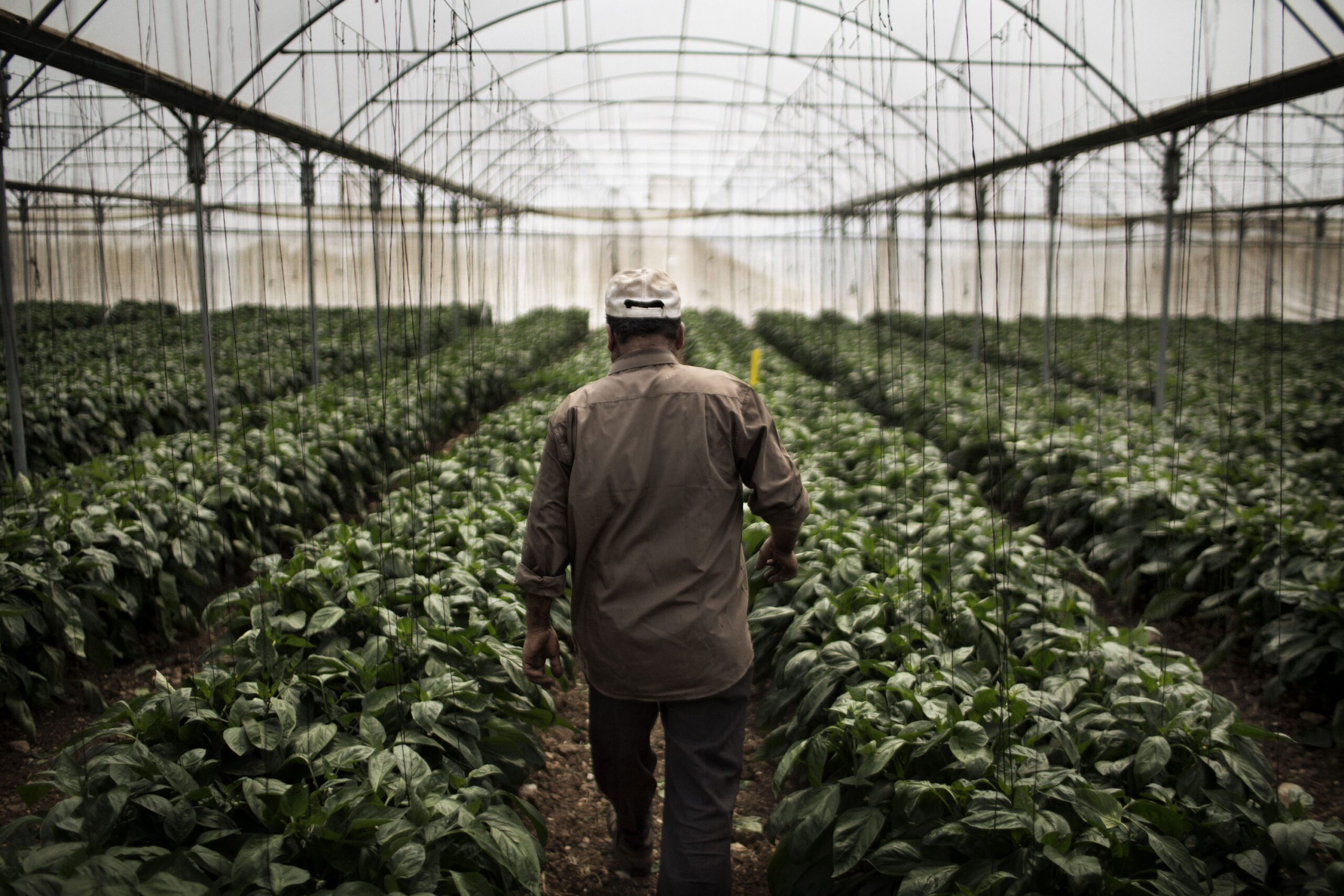PROJECT SUMMARY
Increasing export markets for Jordan’s olive oil will generate income for farmers and producers and boost resilience to increasing water scarcity and erratic weather.
Context
The EBRD and FAO are working to enhance the competitiveness of Jordan’s olive oil and diversify Jordan’s olive export market, a high-added-value crop traditionally grown across the Mediterranean. In Jordan, the agri-food sector plays an important role in income generation and employment, particularly for its relatively young population. However, in this already dry area, agricultural production environments are becoming increasingly challenging with erratic climate conditions and increasing water scarcity.
Olive trees cover around 20 percent of total cultivated areas and account for 73 percent of all fruit trees planted in the country, where production over the last ten years averaged 23 thousand tonnes with sales mainly to domestic markets. The trees are resilient to hot and dry conditions. These ecological considerations, coupled with the high demand for olive oil from international consumers, mean that olives are a strategic crop choice for Jordan. Developing the sector requires investment in both infrastructure and capacity to both maximize and stabilize yields, align product quality with international standards and increase the visibility of Jordan’s olive oil on international markets.
Activities
Conduct a value chain review specifically targeted to olive oil production.
Provide training, capacity development and targeted technical support to facilitate sector development.
Facilitate public-private dialogues and support activities to enable greater private sector investment in food product quality and efficiency along the value chain.
Achievements
- Two virtual training sessions on strategies for product differentiation and international commercialization, and best production practices for producing high-quality olive oil.
- A strategic, high-level conference organized by the EBRD and FAO in October 2022 under the patronage of the Minister of Agriculture (MoA) on ‘Fostering the development of the olive oil sector in Jordan: pathways towards sustainability’, to identify key challenges and opportunities, and highlight investment entry points to improve the sector’s performance.
- Enhancing Jordan’s olive oil industry through comprehensive capacity development across the value chain.
- Two training sessions for key industry players in Jordan’s olive oil sector held in Amman and Ajloun in September 2002. Organized with the Ministry of Agriculture, the General Syndicate of Jordanian Olive Oil Owners and Olive Producers and the Centre for the Promotion of Imports from developing countries (CBI), the sessions focused on best practices in olive oil production.
- A series of capacity-development activities was organized in November 2022 to support olive oil producers during the harvesting and milling season. These included formation for agro-engineers from the MoA on Good Agricultural Practices (GAP) and Good Manufacturing Practices (GMP), as well as on-site practical training for millers and farmers during the harvest season.
- A series of theoretical and practical technical assistance and training sessions on best practices on irrigation and pruning delivered to agro-engineers and farmers in Amman, Irbid, Al Salt and Al Karak.




































